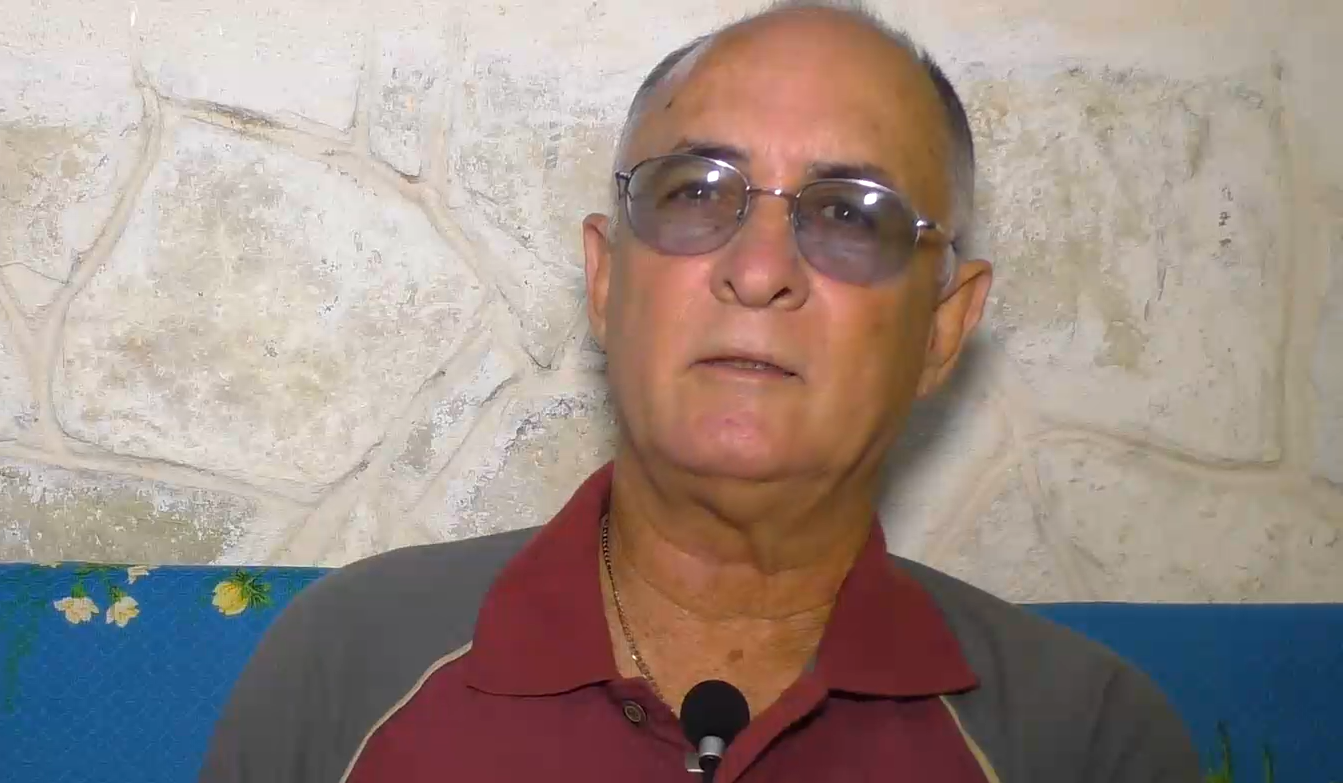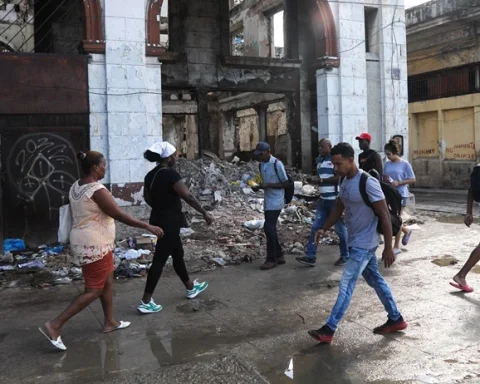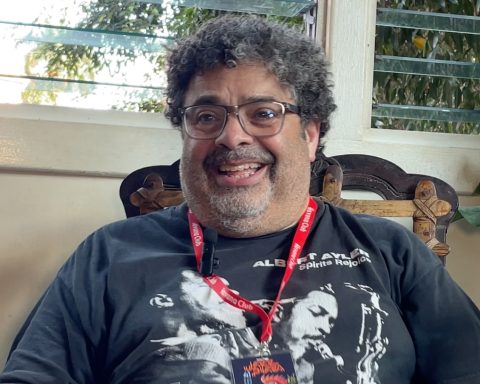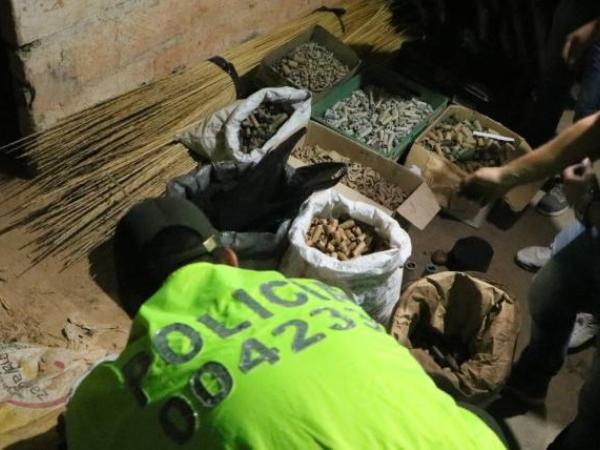Havana Cuba. – Next Friday there will be a presentation in Miami of several books by Roberto de Jesús Quiñones Haces, former political prisoner and journalist from CubaNet. This event, which the blogger Yoani Sánchez recommended in her “Cafecito Informativo” last Monday, is scheduled to begin on Friday at 7:30 p.m., at the American Museum of the Cuban Diaspora, located at number 1200 of the Coral Way.
The works to be presented are two: the collection of poems written from jail and the storybook The girl with the Slavic name. This is the third edition of the latter, which is the first literary work written in prose by my colleague and was initially published in 2014. In Quiñones’ opinion, the current version is “the best of the three.” That is why he comments on that book: “Now I am very satisfied with it.”
As for the collection of poems, it brings together all the verses created by the writer —Cienfuegos by birth and Guantanamo by adoption— during the two stays he has had in the political prisons of Castroism. The core of the book of poems is made up of the 27 that made it up when in 2001 he won the magazine contest stained glasswhich at that time was still directed by its founder Dagoberto Valdés.
But after receiving that award, the author continued to suffer from Castro’s “hospitality” for another couple of years. In this time he wrote another 62 poems. These, along with those mentioned above, were the subject, by Editorial Oriente, of Santiago de Cuba, of a publication with a more trivial title: The sheepfolds of dawn. In his machón it is stated that 1000 copies were printed.
In reality, the print run was much smaller and was not only almost clandestine, but also shameful. Quiñones himself has reminded me that he found out about the publication only because I had told him about it after seeing it on display (not for sale) at the Havana Book Fair in 2008. A maximum of fifty were sent to Guantánamo. of specimens, and most of them were pulped soon after.
In the version that will now be presented, the original title has been returned to: written from jail. This has also included the other five poems created by Roberto during his second season in prison (2019-2020). Referring to her, the author comments: “All the poems I have written while in prison are in this edition”; and he points out: “That is its uniqueness.” Of the “three different editions,” he adds, “this is the most complete and finished.”
Those two titles that I have briefly reviewed are —well— the ones that will be presented at the American Museum of the Cuban Diaspora in Miami. On the occasion of this literary event, the author wishes to express special thanks to the poet Joaquín Gálvez (whose gathering will be the framework for the presentation) and Armando Añel (who intervened prominently in the edition of both books).
In this regard, Quiñones expresses: “I clarify that I still do not know them, so I am eager to give them the hug they deserve for their help in so generously offering me that space and the possibility of publishing in Editorial Neo Club Ediciones Press”.
On the occasion of the presentation of the two books, it is appropriate to mention Jorge Núñez Motes. This gentleman has served since 1992 as the provincial president in Guantanamo of the UNEAC (National Union of Writers and Artists of Cuba). That is: he has been attached to that position for 30 years! This fact, by itself, is portentous, but it is even more so if we take into account that, although he calls himself a writer,… he has never published a book!
From his bureaucratic position, this subject was merciless with Quiñones. In 1999, on the occasion of his first arrest, he refused to inform UNEAC about the blatant irregularities in the process; After his release from prison, he prevented the lawyer and writer from participating in book fairs, nor did he help him find a job (something to which he was obliged, according to the regulations of the organization); He also prevented a selection of his poetic work from seeing the light, despite having been approved in 2006.
But, as the saying goes: Where there is revenge, there is no wrong. Roberto has more than made up for all that petty persecution. And he has done it the only way talent knows how to do it in the face of mediocrity. On page 118 of his book, in the story “After Saturday’s movie”, there is a clear allusion to the character: a “writer who was previously ousted but today has great ancestry in the cultural world of the province, although according to gossip has written absolutely nothing”. As the popular phrase says: Green and with tips, soursop.
I find it magnificent that, after suffering so much confinement and harassment, colleague Quiñones can present several books of his authorship. I hope these achieve the success he deserves. And I trust that free literary critics will not stop commenting on this valuable work.
OPINION ARTICLE
The opinions expressed in this article are the sole responsibility of the person who issues them and do not necessarily represent the opinion of CubaNet.
Receive information from CubaNet on your cell phone through WhatsApp. Send us a message with the word “CUBA” on the phone +525545038831, You can also subscribe to our electronic newsletter by giving click here.

















